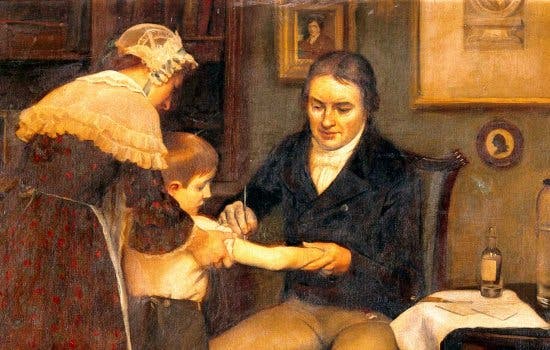The US Food and Drug Administration (FDA) has approved Tembexa (brincidofovir) to treat smallpox. This is the second approved smallpox drug; the first, TPOXX (tecovirimat), was approved in 2018.
TPOXX’s effectiveness against smallpox was established by studies conducted in animals infected with viruses that are closely related to the virus that causes smallpox, and was based on measuring survival at the end of the studies. More animals treated with TPOXX lived compared to the animals treated with placebo. TPOXX was approved under the FDA’s Animal Rule, which allows efficacy findings from adequate and well-controlled animal studies to support an FDA approval when it is not feasible or ethical to conduct efficacy trials in humans.
Smallpox, an acute contagious disease caused by the variola virus, was one of the most devastating diseases known to humanity and caused millions of deaths before it was eradicated. It is believed to have existed for at least 3,000 years.

The smallpox vaccine, created by Edward Jenner in 1796, was the first successful vaccine to be developed. He observed that milkmaids who previously had caught cowpox did not catch smallpox and showed that a similar inoculation could be used to prevent smallpox in other people.
The World Health Organization (WHO) launched an intensified plan to eradicate smallpox in 1967. Widespread immunization and surveillance were conducted around the world for several years. The last known natural case was in Somalia in 1977. The WHO declared smallpox eradicated in 1980, but since then many nations have expressed concerns that the variola virus, which causes smallpox, could be used as a bioweapon.
Similar to TPOXX, the FDA also approved Tembexa under its Animal Rule. Human safety data on Tembexa was based on clinical trials involving primarily patients who were treated with the drug after they received hematopoietic stem cell transplants.

In the animal study for Tembexa (brincidofovir), the efficacy was defined by measuring the animals’ survival by the end of the studies. Results demonstrated that more animals with smallpox who were treated with brincidofovir survived compared with animals who were treated with the placebo.









